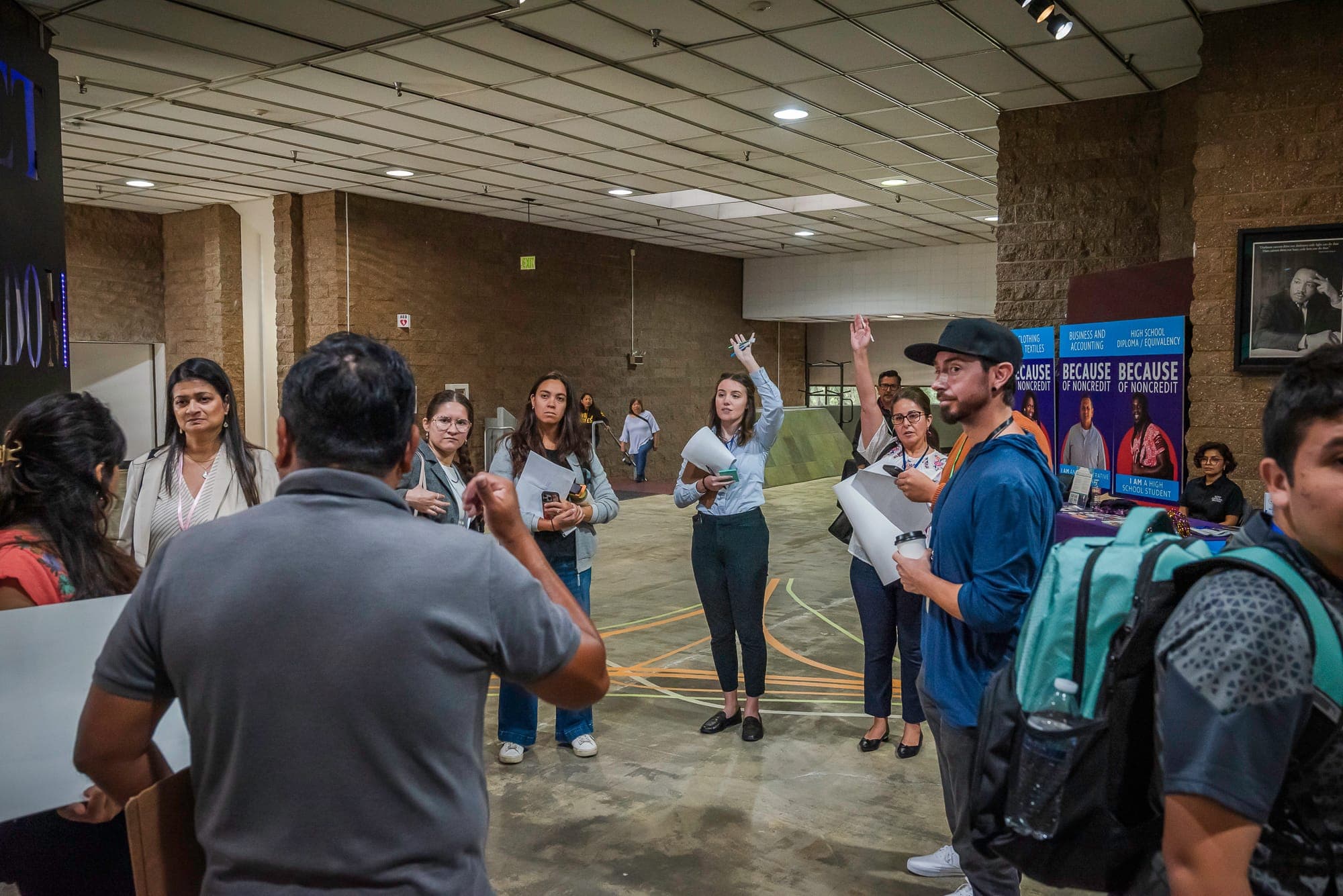
What is smart growth?
Smart growth is an approach to community design that connects housing, transportation, and land use to create healthy, prosperous, and resilient neighborhoods.

About us
Smart Growth America cultivates vibrant, sustainable communities with diverse living and transportation options, enhancing quality of life for all.

Our work
Smart Growth America cultivates vibrant, sustainable communities with diverse living and transportation options, enhancing quality of life for all.

Impact
Smart Growth America cultivates vibrant, sustainable communities with diverse living and transportation options, enhancing quality of life for all.

Events
Throughout the year, we host a number of in-person and virtual events covering topics related to public health, social equity, and climate resilience.


Subscribe to our newsletter
© 2025 Smart Growth America. All rights reserved
Site By3Lane Marketing
